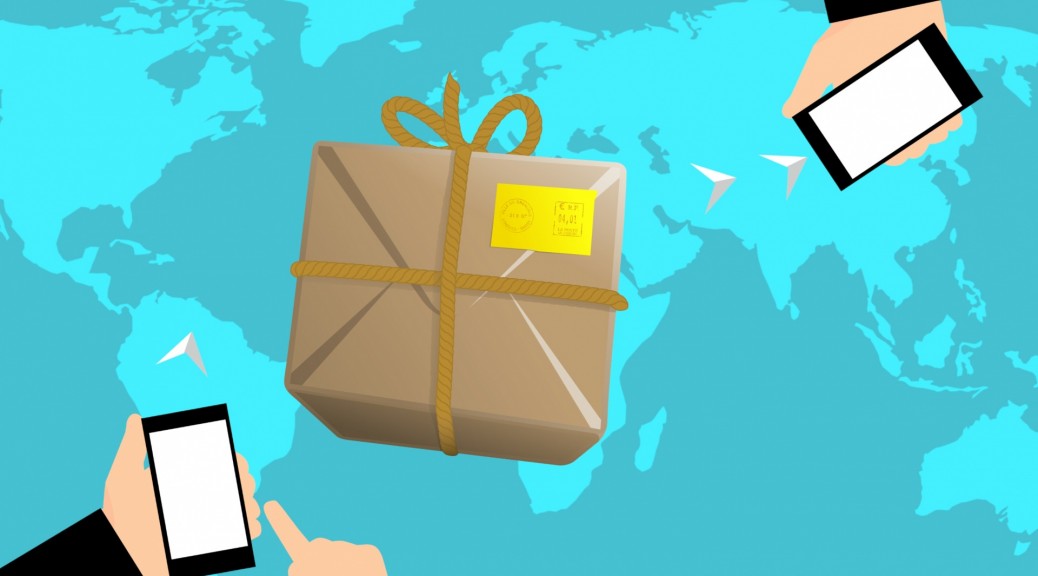As a translation agency, we hope you’ll forgive us for spending much of our time discussing the importance of talking to your customers in their native language. Professional translation is just one of several elements in the localisation process. When selling overseas, there’s much more to consider than simply getting the wording of your website or marketing content right.
Localisation is defined as the process of adapting a product or content to a specific location or market. Depending on your offering, it can involve any number of elements which include but are not restricted to:
- modifying graphics
- adapting the design
- changing the format of dates, addresses and phone numbers
- converting local currencies and units of measurement
- meeting local regulations and legal requirements
But two elements of the localisation process that can be left behind is the provision of a range of international shipping options and being sensitive to local payment preferences. You can overcome this final localisation hurdle by researching the best shipping carriers in each market and giving your customers plenty of choice about how they want to pay.
International shipping considerations
- Where you’ll ship to –Your first consideration is to think about where in the world you’ll ship to. Your website’s analytics are an excellent way to gauge the level of interest from overseas markets, as are direct requests to sell to those markets. You should also think about which non-domestic markets will be a good fit for your business and the costs involved in shipping to those countries.
- Shipping rules and regulations – Understanding the country-based shipping rules and regulations should be a key part of your international shipping strategy. They will help you manage your customers’ expectations and determine how long shipping is likely to take and the costs involved. You should then update your website to make sure the costs and delivery times are clear. You should also think carefully about the packaging. You may need to add extra padding or choose more robust packaging options when sending products abroad.
- The returns process – Returns are becoming an important part of online retail, with customers often ordering more products than they need and expecting to be able to return the items they don’t want for free. Third-party fulfilment and returns management companies can help to reduce the logistical headaches involved, although you will have to carefully consider the associated costs.
International payment options
- Forms of payment – Another essential localisation consideration is to think about how your overseas customers will pay. Preferred payment options differ around the globe, so you may need to expand the solutions you offer for new markets. For example, mobile wallets have become an extremely popular form of payment, particularly in markets like India. Pre-paid credit cards are also becoming more widespread, so it’s important that you take the time to understand how people like to pay overseas.
These stats from Woo Commerce help to illustrate the point:
- In Germany, 46 percent of payments are made by online bank transfer
- In the Netherlands, 60 percent of payments are by made by direct debit
- More than 50 percent of payments in the Czech Republic are cash on delivery
- Taxes and duties – It’s likely that every country you sell to will levy a tax on the goods sold. The most common tax is VAT, which is charged by most of Europe, China, India, Canada and much of South America and Africa. Before selling internationally, it’s essential you understand the VAT rules in that country and take the necessary steps to register and file your returns.
- Allowing customers to pay in their own currency – Just as customers like to buy products in their native language, they also value the comfort and convenience that comes from paying in their own currency. Only accepting pounds sterling (GBP) is the simplest approach – certainly in terms of settlement and accounting – but it could cost you customers. Choosing a payment gateway that allows foreign currency transfers could be a wise business decision.
Localisation expertise from Linguistica International
We offer an international localisation and transcreation service to engage overseas customers and compel them to act. Call 02392 987 765 or email info@linguistica-international.com to find out how we can help.

